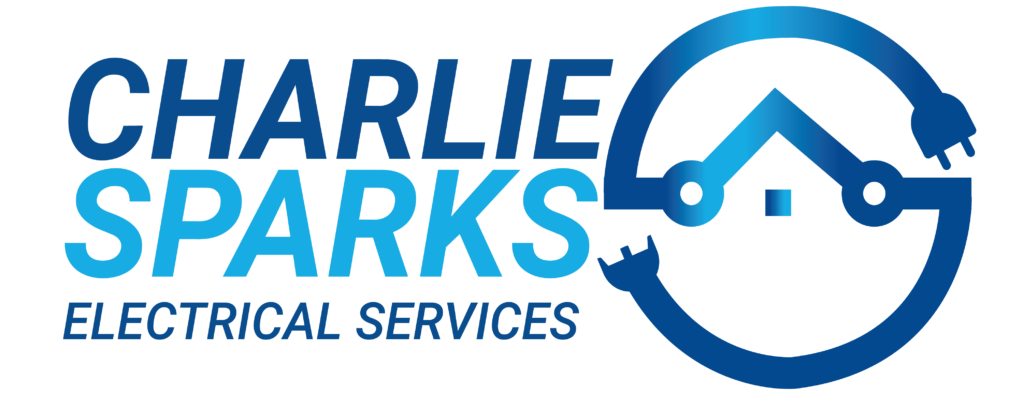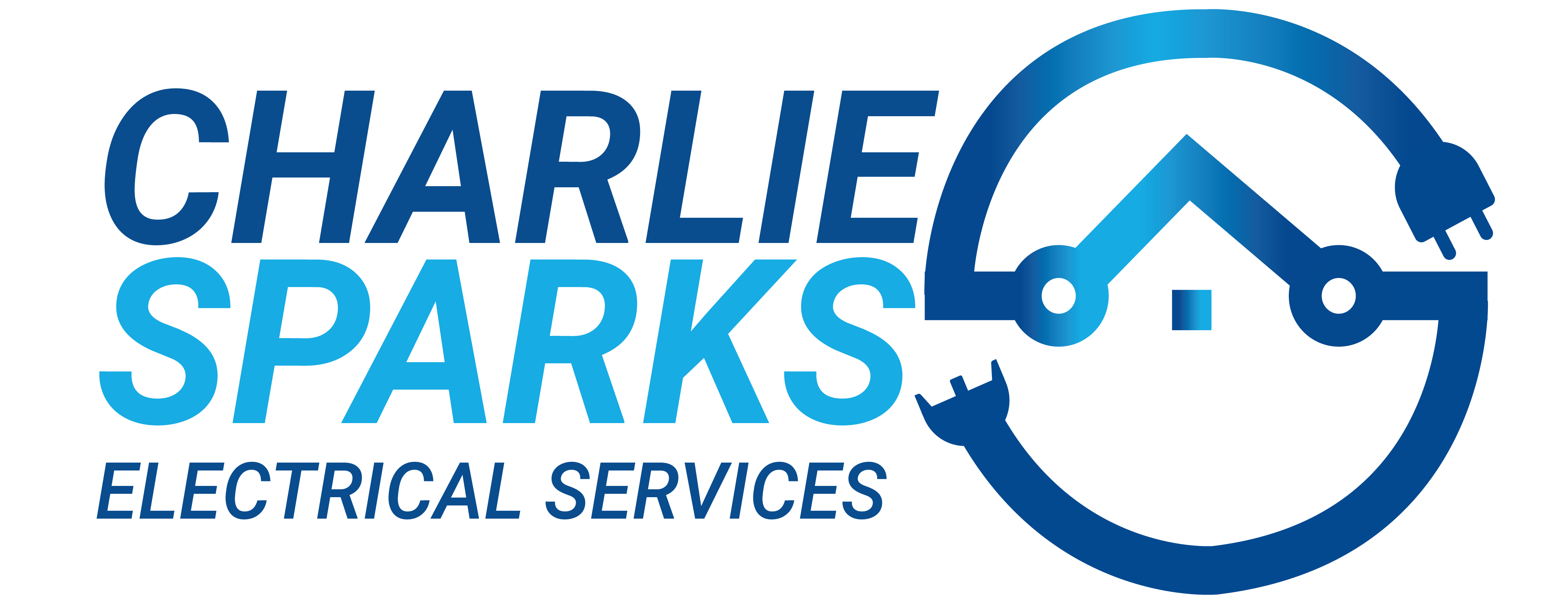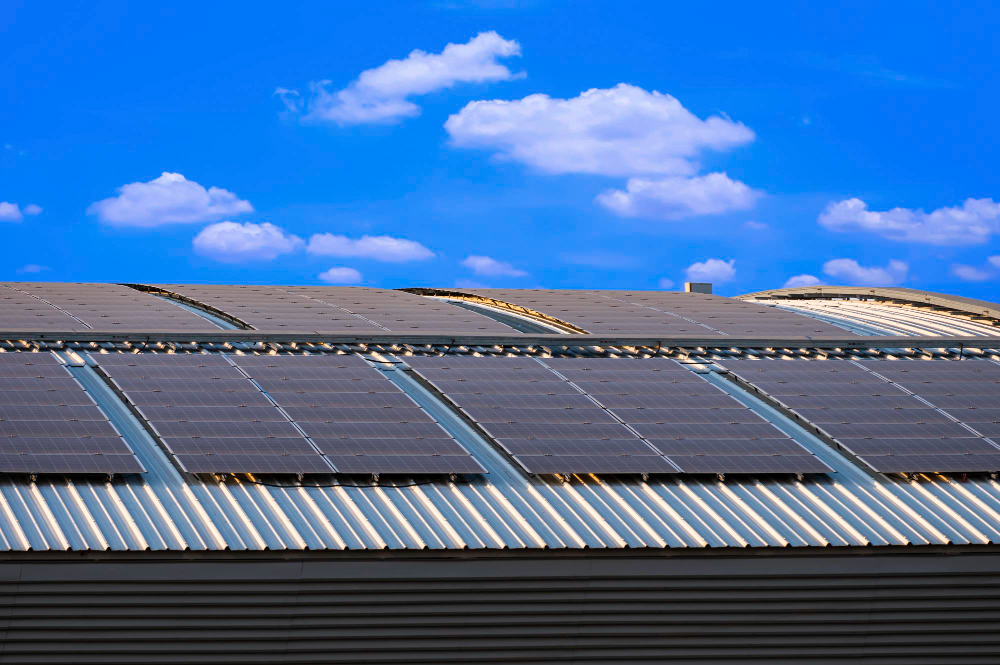The average solar panel system can reduce electricity costs by up to $30,000 over its lifetime, making it an eco-friendly choice and a sound financial investment.
Factors such as location, size of the system, and energy consumption habits will affect the amount of savings you can expect to receive.
Customers appreciate the opportunity to reduce their carbon footprint by switching from traditional fossil fuel power to clean energy—many opting for solar energy to take advantage of cost savings.
To ensure customers receive a comprehensive and precise financial estimate, we will analyze averages before detailing the factors affecting their solar savings.
Factors that Influence Savings
Local grid prices
The electricity rates from your utility supplier can vary from region to region and have increased steadily over time. Examining your local electricity rates can provide a baseline for your calculations.
Household energy usage
The size of your residence and your energy consumption practices will impact the energy necessary for your system.
Generally speaking, the higher your energy requirements, the greater the necessity for self-generation to avoid dependence on the grid.
Type of panels
When selecting the solar system for your home, it is essential to consider the various cost options available for different panel types, manufacturers, and installation companies.
We recommend that you compare and evaluate your options to determine the best fit for your particular situation in terms of energy production. Researching the different choices should help you make an informed decision.
The selection of panels and their capacity to generate electricity will have a direct impact on the savings you make on energy costs. Installing a powerful solar system can cover most, if not all, of your home’s energy requirements during daylight hours.
Long-term savings
A solar energy system could save a household up to $1,500 per year on their energy bill, with immediate savings after installation. It would be in addition to other energy-saving measures already in place, providing even more opportunities for net savings.
Considering various rebates, current average energy costs, and average energy production numbers, a solar panel installation cost of approximately $12,000 could take about eight years to recover investment costs.
Solar panels typically last between 25 and 30 years before becoming inefficient.
The energy requirements of each household may differ, so the estimated savings are not indicative of the actual savings you may realize. Nevertheless, using solar panels is likely to be cost-effective, with the potential to generate net savings and reduce reliance on fossil fuels.
Average sun exposure
The number of daylight hours and the regional climate can affect the yield of your solar panels.
A system exposed to sufficient sunlight will produce electricity efficiently and dependably. Latitude and season may restrict the daylight hours available for your solar panels.
Solar panels operate at their best when exposed to direct sunlight; however, the temperature does not significantly impact energy production. Some loss in efficiency may occur during periods of rain or cloud cover.
Net metering
Net metering allows you to sell the excess electricity generated by your energy source back to the grid. It can decrease your monthly power bill, as some utility companies will offer a credit at the retail price of the electricity. In contrast, others provide a reduced wholesale rate. It can lead to significant savings.
The Average Cost of Panels and Installation
Before evaluating potential long-term savings, the consumer should assess the initial expenditure for installing a solar system.
The price of solar installations can differ significantly, with a basic system costing as little as $5,000 and a large, high-end setup reaching up to $40,000.
The average expense of solar panels and their installation may be subject to change by state, with an estimated range of between $13,000 and $20,000 for a 6-kW system.
Solar batteries can be a great addition to any solar system, providing the ability to store excess energy captured during the day. Then, the stored energy can be used at night, on rainy days, or during power outages, offering a reliable energy source.
The cost of a solar battery system can vary but typically starts at around $200 for a single emergency system.
Utilization of solar batteries can be a strategic financial decision, as they enable homeowners to save more money in the long term depending on their energy requirements.
Solar systems are designed to be relatively low maintenance and generally offer a lifespan of 25-30 years before the efficiency decreases.
To ensure optimal performance and longevity, consumers should ensure that the system is kept clean and protected from weather damage. After the initial installation, there should be no additional costs until the panels degrade.
How Much Money do Solar Panels Save you on Electric Bills?
To begin comprehending solar energy’s potential financial benefits, one must calculate their current annual electricity expenditure.
When evaluating the cost of utility electricity compared to home solar, it is essential to bear in mind the ever-changing nature of electricity prices. To effectively plan for the long term, one must anticipate an annual increase in utility company rates.
Rooftop photovoltaic (PV) systems can provide a cost-saving benefit in light of utility rate inflation; with a PV system, energy costs can be fixed at a specific rate, shielding customers from the fluctuating rates associated with utility companies.
As solar systems require an initial financial commitment, the direct costs incurred will be installation fees and additional electricity costs if your plan does not cover your electricity usage.
The effectiveness of your PV system in offsetting electricity needs is primarily contingent upon its accurate sizing – you can use a calculator to determine the number of solar panels needed to achieve the desired outcome.
The cost of electricity is a major determining factor for whether a solar panel system is a viable option for homeowners.
Geographical location plays a role in how much one can save; however, generally speaking, solar panel systems can generate substantial savings in financial and environmental terms.
Frequently Asked Questions
Homeowners can reduce their electricity usage with a solar panel system, resulting in lower energy bills. A solar panel system can help a homeowner make some money under ideal conditions.
A solar panel system may make the decision easier for some people because of its many potential benefits.
An increase in home value
There is less fluctuation in prices.
Effectiveness




